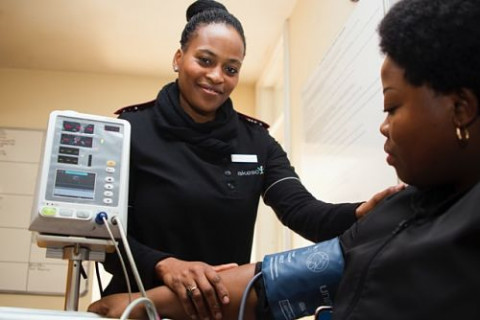Why do Medical Staff Require Training on Intercultural Awareness?
Medical staff require professional interpreters and specific training on intercultural awareness, a new study published in the open access journal BMC Health Services Research suggests.
The authors reveal that doctors are dissatisfied with the treatment they provide to their non-native patients, and that they cite cultural differences and language barriers as the key factors causing the disappointment with the level of care that they provide.
Birgit Babitsch from the Berlin Institute of Gender in Medicine in Germany, and co-workers from Berlin and the UK, gathered the results of questionnaires completed by doctors working in the internal medicine and gynaecology departments of three Berlin hospitals.
The responses were then narrowed down to those relating to native Germans and those of Turkish origin and analysed in conjunction with the patients’ medical records. Over 2400 doctor questionnaires and corresponding patient records were finally analyzed.
The researchers found that doctors’ dissatisfaction with the patient-doctor relationship was much greater with regard to their Turkish patients. The two main reasons given were communication difficulties and the doctors’ perceptions that the Turkish patients did not always require urgent treatment. Around 20% of doctors were dissatisfied with the course of treatment for Turkish patients, compared to 10% for German patients. Minor differences were found in doctors’ satisfaction with regard to the patient’s gender.
Dr Babitsch states: “The use of professional interpreters for improved communication and the training of medical staff for improved intercultural competence are essential for the provision of adequate health care in a multicultural setting.”
Read more > EurekAlert
Photo by Hush Naidoo on Unsplash
Related Posts
By accepting you will be accessing a service provided by a third-party external to https://www.commisceo-global.com/

 +44 0330 027 0207 or +1 (818) 532-6908
+44 0330 027 0207 or +1 (818) 532-6908
